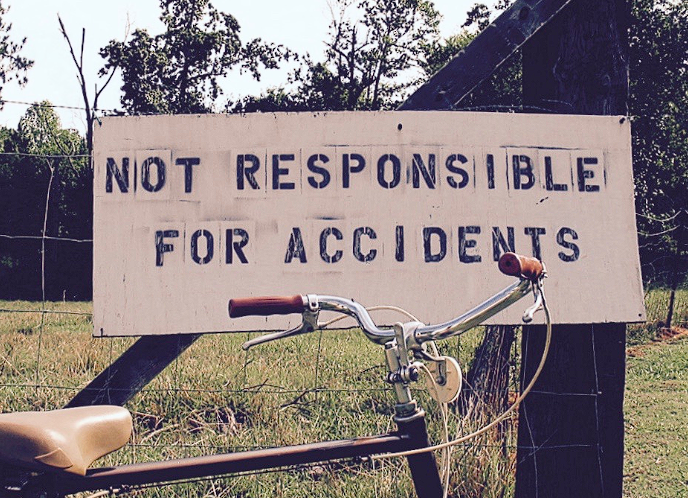Remember Lehman Brothers, the once stellar investment bank, now defunct? Morgan Stanley Smith Barney, the barely salvaged bank? Dexia, the former banking behemoth spanning France, Belgium, and Luxembourg, shattered into smithereens?
More recently, Barclay’s Bank, one of the largest in England, has come into spotlight, and very ingloriously so. It has admitted to manipulating the LIBOR (i.e., the London Inter-bank Offered Rate). Each day, the British Bankers’ Association asks major banks at what interest rate they can borrow from other banks. The answers are used as a basis for setting the LIBOR, which banks rely on for doing business. For example, many banks look to the LIBOR for setting the interest rate in variable rate mortgages.
Mr James Kwak writes in The Altantic that bankers’ pay is to blame here. Bankers get little if any punishment in case of problems, yet stand to make loads of money if things go well. Mr James Surowiecki in the New Yorker identifies regulation (and the lack thereof) as the culprit.
While pay and regulation certainly play a role in affecting bankers’ behavior, there is more to the story. Climbing the ranks of a bank all the way to the top is not something everyone can do. The way up is steep and strewn with not only arduous challenges but also tough contenders. It therefore takes individuals who possess the drive to press on when dealt a difficult hand. In short, individuals with confidence.
Some individuals, however, are not confident but overconfident. They overestimate the chance that their ability can make a project succeed. Perhaps best illustrating overconfidence is the story of Lake Wobegan, a little town whose children, it is said, are all above average. CEOs, venture capitalists and traders have shown to be overconfident. Also, men stand a much higher chance to be overconfident than women.
People who are overconfident make consistent mistakes in how they interpret information and, as a result, overestimate the chance that a project will succeed. No wonder then that overconfident people readily take the plunge and dive in. A study shows that the odds of a CEO making an acquisition are 65% higher when he is overconfident. Little wonder too that projects initiated by overconfident people stand a high chance of going sour, as documented by research. Just ask the folks from Lehman Brothers, Morgan Stanley and Banque Dexia.
Not only does overconfidence affect corporate investments, it also shapes the information that executives disclose. Overconfident executives are likely to manipulate financial reports: they view the unmanipulated numbers as too pessimistic and sincerely believe that their rather optimistic take is more appropriate.
Was overconfidence at play at Barclay’s? Barclay’s admitted it lowballed the cost at which it thought it could borrow from other banks. Did Barclay’s sincerely believe its lowballed estimates better reflected what it viewed as its true borrowing cost?
Your thoughts?
References
Camerer, C. and D. Lovallo, 1999, Overconfidence and Excess Entry: An Experimental Approach, The American Economic Review 89 (1): 306-318.
Koellinger, P., M. Minniti, and C. Schade, 2007, “I think I can, I think I can”: Overconfidence and entrepreneurial behavior, Journal of Economic Psychology 28 (4): 502-527.
Malmendier, U. and G. Tate, 2008, Who makes acquisitions? CEO overconfidence and the market’s reaction, Journal of Financial Economics 89 (1): 20-43.
Schrand, C. M. and S.L.C. Zechman, 2012, Executive overconfidence and the slippery slope to financial misreporting, Journal of Accounting and Economics 53 (1–2): 311-329.








